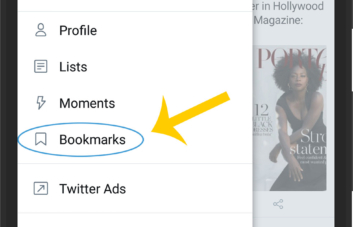This is a guest post by Colin Walker of colinwalker.me.uk – a blog about social media, the internet and blogging.
This post was inspired by my own recent thoughts and a comment from an old friend at my normal blog: since I have been blogging about social media he has not read a single post.
Without question there has been a massive explosion in the uptake of social media, the services and application available and consequently the number of people blogging about it. This is only natural. My own focus has changed over the past couple of years and I think you realise that it’s not about the technology itself – it’s about what it empowers us to do, how it changes the way we behave, it’s influence on society and how society (including business) is using it.
Some of my recent posts have looked at the idea of extending the reach of social media – how we can encourage those who are unsure about social media to use it. How do we explain the benefits that it offers? How do we show not just how but, more importantly, why it works?
History repeating itself
Look at previous inventions – the telephone. a solution to a problem: how to communicate quickly and effectively over long distances.
A Western Union internal memo in 1876 is famously quoted as saying:
“This ‘telephone’ has too many shortcomings to be seriously considered as a means of communication. The device is inherently of no value to us.”
In 1926, Lee de Forest (inventor of the cathode ray tube) said of television:
“Theoretically, television may be feasible, but I consider it an impossibility – a development which we should waste little time dreaming about.”
We all know what has happened to these two.
Is it relevant?
Just as with anything “new” people are unsure if it applies to them, should they get involved but as with any form of communication if it serves a purpose it is inevitable that it will go mainstream. When we look at the number of users on Facebook and MySpace it can be argued that it is already getting there but, even though there are millions of people using the various services on offer we are still a long way off it being as ubiquitous as the phone or email.
Social media is just an extension of what we have all being doing for centuries – communicating. Whether it is housewives chatting over the garden fence or a group gathering together in a pub the intent is the same it is just the method (or the media) that differs.
The internet, and social media on it, merely allows us to extend the range of our conversations. Instead of chatting over the garden fence we are chatting across oceans; instead of meeting in pubs and bars we gather in virtual spaces.
The desire for communication and interaction is a natural part of what makes us human. It is natural for us to want to use whatever means are at our disposal and, as with any media, there will always be the thinkers who create the tools, the early adopters who pave the way and help to flesh out the system, and then the rest who trickle in over time. Eventually, we reach the point where that media is part of our everyday lives and we take it for granted just as we do the phone and TV today.
Business as usual
There are those who already say that social media is an irrelevant term, that we should be calling it just another form of media like print, TV or radio but we are not yet at this stage; social media is still novel enough that it demands a separate label but this will change. Once any media reaches a tipping point it ceases to become special and life carries on but with an extra tool ingrained in to our psyches; the thinkers will already be moving on to the next big thing and the early adopters will be flocking to see what it is. If that’s the definition of bandwagon then please, help me on board.



